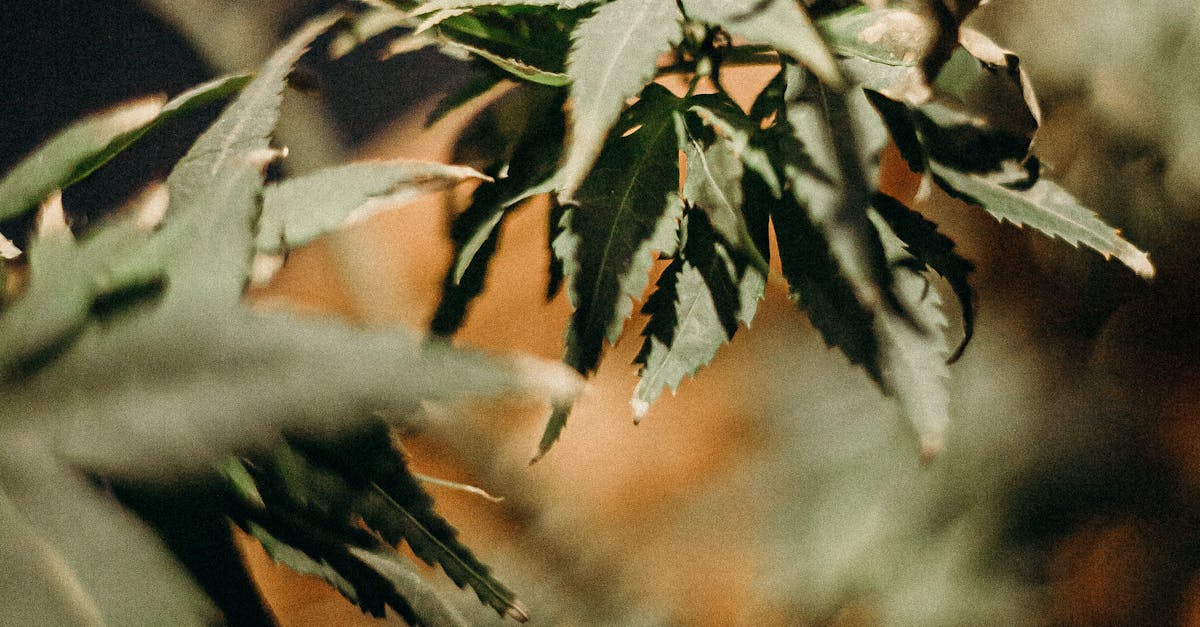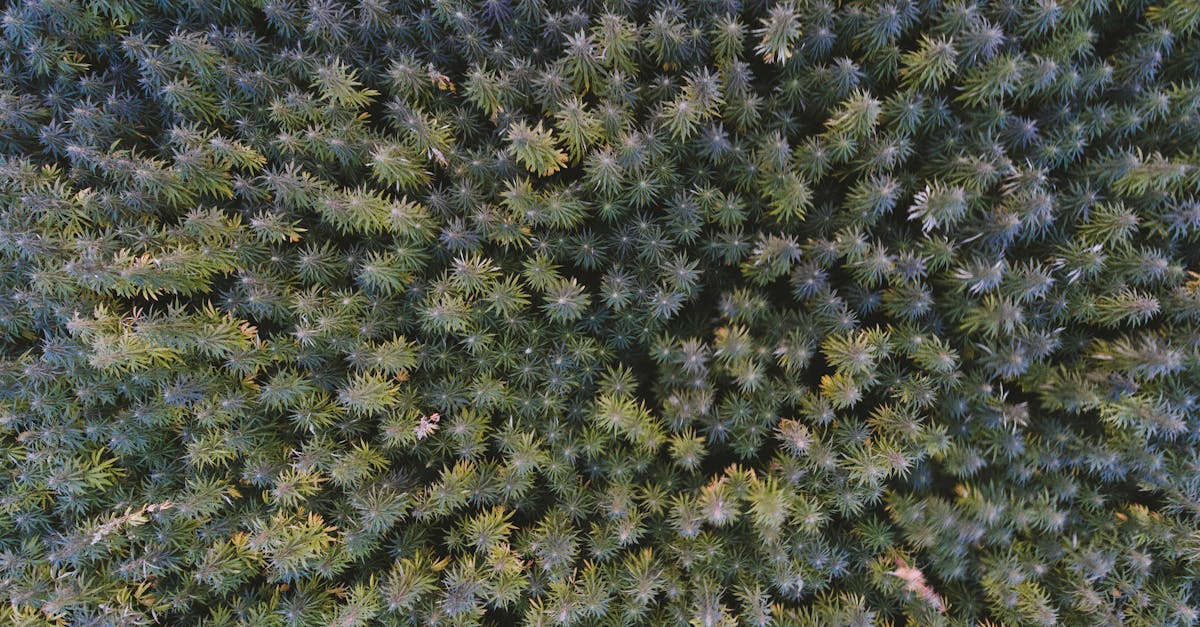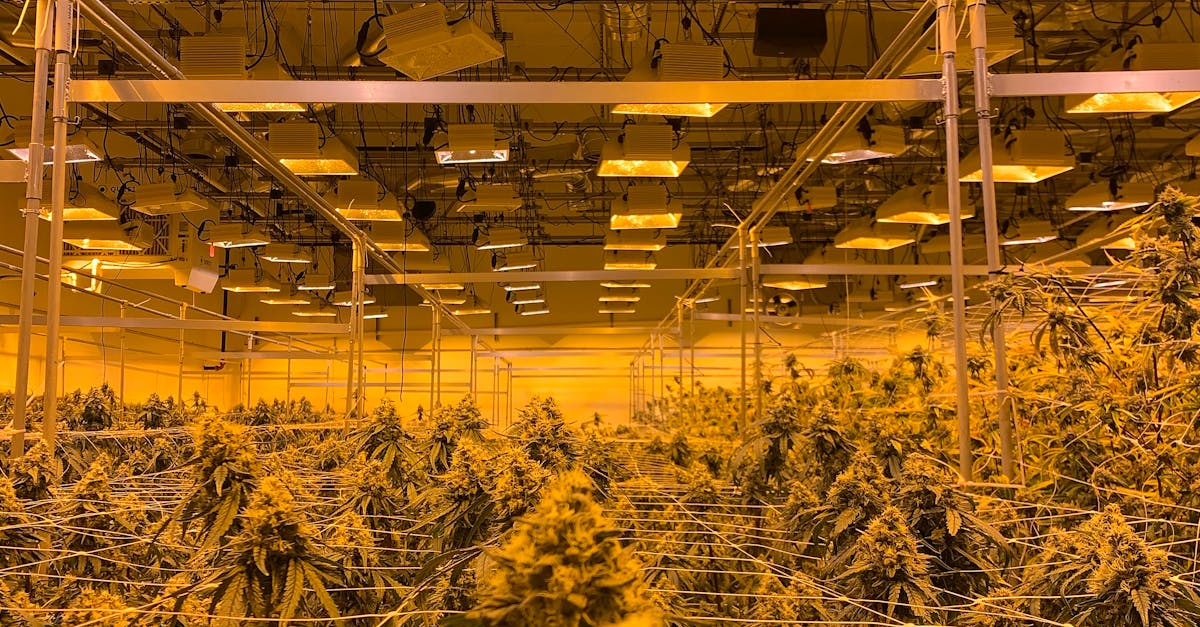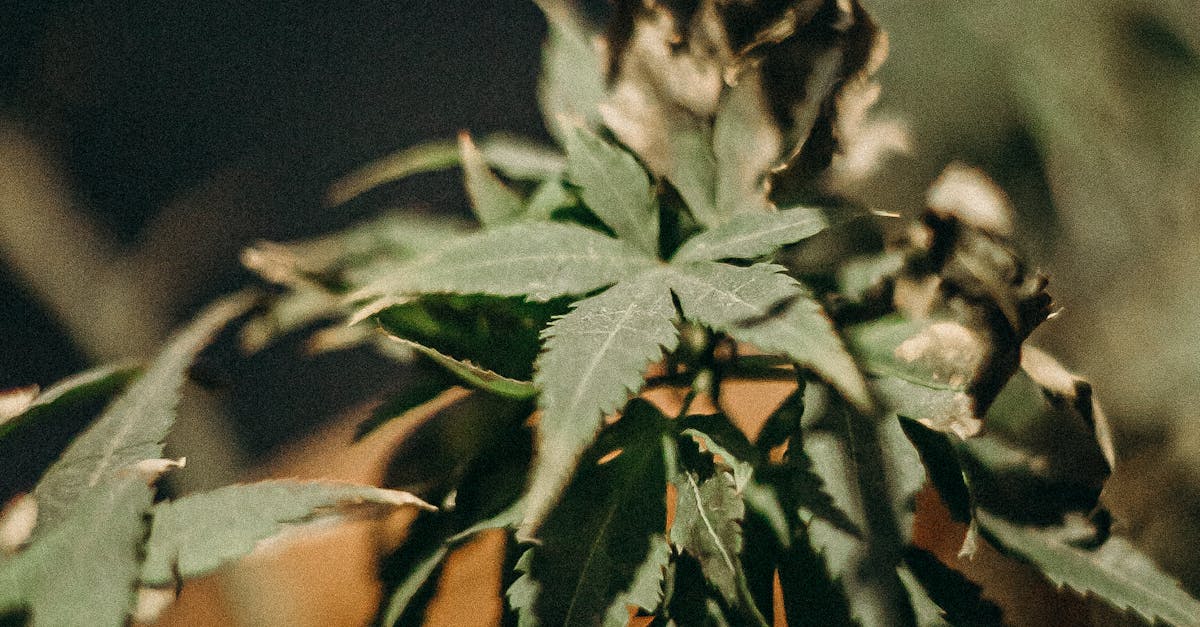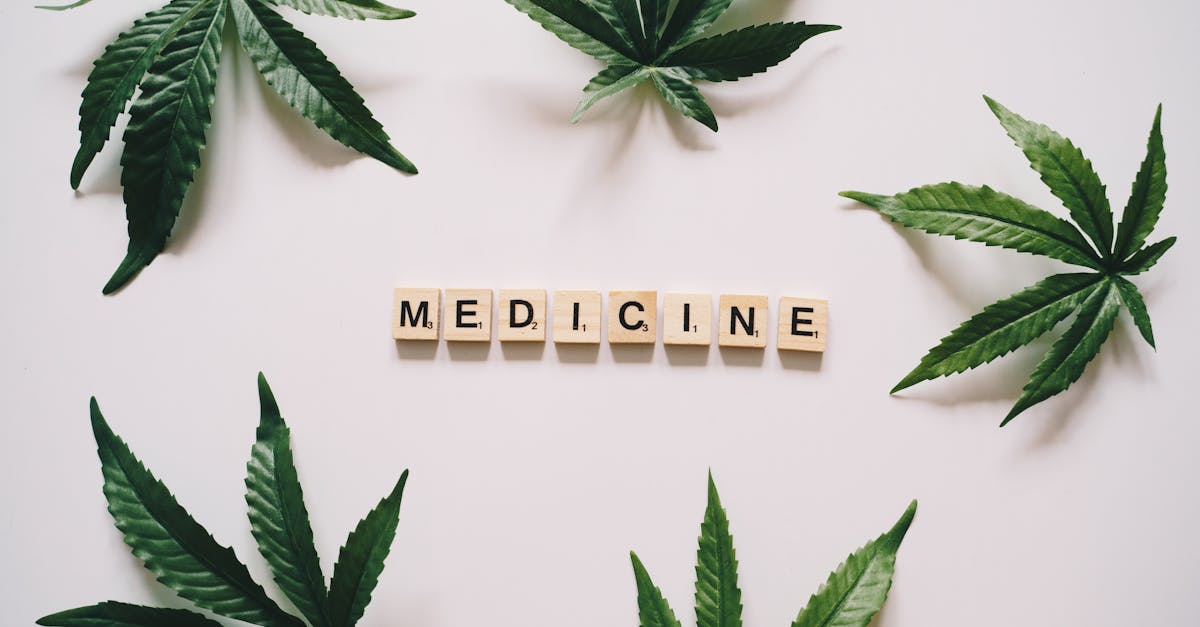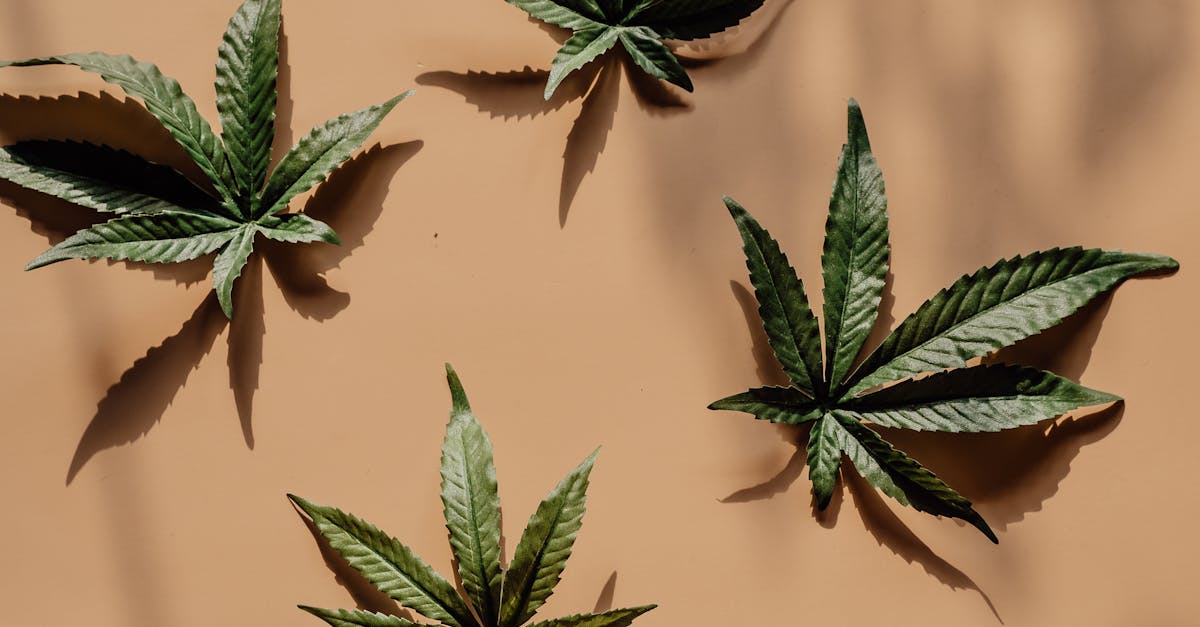
Table Of Contents
Pest and Disease Management for Healthy Cannabis Plants
Pest and disease management is crucial for maintaining healthy cannabis plants and ensuring a successful yield. Effective strategies for pest control include regular monitoring of plants for any signs of infestation, proper sanitation practices, and the use of environmentally friendly pesticides. To prevent diseases, it is essential to practice good plant hygiene, provide adequate air circulation, and avoid over-watering. Cannabis growers in Windsor can benefit from accessing a variety of resources and products to aid in pest and disease management through establishments such as Cannabis Cultivation Supplies Windsor.
Organic pest control solutions are becoming increasingly popular within the cannabis cultivation community due to their reduced environmental impact and potential health benefits. Utilizing natural predators, such as ladybugs and predatory mites, can help control common pests like spider mites and aphids without the need for harsh chemicals. Additionally, introducing companion plants that repel pests or attract beneficial insects can also aid in pest management. By incorporating organic pest control methods into their growing practices, cannabis cultivators in Windsor can promote a healthier ecosystem and produce high-quality yields.
Organic Pest Control Solutions
Pests can pose a substantial threat to cannabis plants during cultivation. Utilizing organic pest control solutions is a sustainable way to combat these challenges while ensuring the overall health of the plants. Various methods can be employed, such as introducing beneficial insects like ladybugs or lacewings to prey on harmful pests. Additionally, neem oil, a natural pesticide derived from the neem tree, is effective in deterring common pests without harming the environment or compromising the quality of the end product. Cannabis Cultivation Supplies Windsor offers a range of organic pest control products that can help growers maintain a healthy crop without the use of harmful chemicals.
Incorporating preventative measures, such as regularly inspecting plants for signs of pest infestations and maintaining proper ventilation to discourage pest breeding, is key to successful pest management in cannabis cultivation. Additionally, implementing companion planting techniques can help repel pests by interplanting complementary species that naturally deter harmful insects. By adopting a holistic approach to pest control and prioritizing organic solutions, growers can protect their crop while promoting sustainability and environmental stewardship. Cannabis Cultivation Supplies Windsor understands the importance of eco-friendly pest control methods and provides growers with the resources needed to cultivate high-quality cannabis yields naturally.
Climate Considerations for Growing HighYield Cannabis
When considering climate for high-yield cannabis growth, factors such as temperature, humidity, and sunlight play crucial roles in the plant's development. Cannabis plants thrive in temperatures between 20-30 degrees Celsius, with a humidity level of 40-60% during the vegetative stage and 40-50% during the flowering stage. Ensuring sufficient ventilation and air circulation can help maintain an optimal environment for cannabis cultivation. In regions with inconsistent or extreme weather conditions, utilizing climate control systems can provide a stable microclimate for the plants to flourish. Cannabis Cultivation Supplies Windsor offers a range of equipment and resources to support growers in creating the ideal climate conditions for their crops.
In addition to temperature and humidity, sunlight exposure is a vital component of successful cannabis cultivation. Cannabis plants require a minimum of 6 hours of direct sunlight daily for healthy growth and high yields. Outdoor cultivation provides natural sunlight, but indoor growers can utilize artificial lighting systems such as LEDs or HPS lamps to ensure the plants receive adequate light levels. Light intensity, spectrum, and duration are all critical factors to consider when setting up a lighting system for cannabis cultivation. Cannabis Cultivation Supplies Windsor stocks a variety of lighting options tailored to meet the specific needs of cannabis growers, supporting them in optimizing their plant's exposure to light for maximum yield potential.
Indoor vs. Outdoor Cultivation
When it comes to cannabis cultivation, one of the key decisions that growers need to make is whether to opt for indoor or outdoor cultivation. Indoor cultivation offers growers greater control over environmental factors such as light, temperature, and humidity. This control allows for year-round growing and the ability to tailor the growing conditions to the specific needs of the plants. Furthermore, indoor cultivation can be useful for those looking to maximize yields and produce high-quality, potent cannabis strains. Cannabis Cultivation Supplies Windsor offers a range of products and equipment tailored to the needs of indoor growers, ensuring that they have all the resources necessary to optimize their cultivation process.
On the other hand, outdoor cultivation holds its own advantages, particularly for those who have ample space and access to natural sunlight. Outdoor cultivation can be cost-effective, as it eliminates the need for artificial lighting and ventilation systems. Additionally, outdoor-grown cannabis plants can benefit from natural sunlight, potentially leading to more robust growth and higher yields. Cannabis Cultivation Supplies Windsor also caters to outdoor growers, providing essential tools and resources to support a successful outdoor cultivation operation. By considering factors such as space availability, environmental conditions, and personal preferences, growers can determine whether indoor or outdoor cultivation is the best fit for their cannabis production goals.
Soil Preparation and pH Balance for Quality Cannabis Yield
Soil preparation is a crucial aspect in ensuring a quality yield for cannabis cultivation. It is important to start by testing the pH balance of the soil to determine its acidity or alkalinity levels. For optimal growth, cannabis plants generally prefer a pH range between 6 and 7. If the soil pH is not within this range, adjustments can be made by adding lime to raise pH or sulfur to lower it. Cannabis Cultivation Supplies Windsor offers a variety of soil testing kits and pH adjusters to help growers maintain the ideal soil conditions for their cannabis plants.
In addition to pH balance, it is essential to focus on the overall quality of the soil for successful cannabis cultivation. Ensuring proper drainage, aeration, and nutrient content are key factors in promoting healthy plant growth. Organic matter such as compost can be incorporated into the soil to improve its structure and provide essential nutrients for the cannabis plants. Cannabis Cultivation Supplies Windsor provides a range of soil amendments and composting solutions to help growers enrich their soil and create an optimal environment for high-quality cannabis yield.
Composting and Soil Amendments
Composting is an essential practice for enhancing soil fertility and promoting healthy cannabis growth. By recycling organic matter such as kitchen scraps, yard waste, and plant debris, composting enriches the soil with essential nutrients that are vital for robust cannabis plants. Compost also improves soil structure and water retention, creating a conducive environment for optimal root development and nutrient uptake. To achieve the best results, consider sourcing high-quality compost materials from reputable suppliers such as Cannabis Cultivation Supplies Windsor.
In addition to composting, incorporating soil amendments can further enhance the quality of the soil for cannabis cultivation. Soil amendments like bone meal, kelp meal, and worm castings provide a rich source of nutrients that can support vigorous plant growth and higher yields. These amendments help balance soil pH levels and improve microbial activity in the soil, creating a thriving ecosystem for cannabis plants. When selecting soil amendments, prioritize organic and natural products to minimize the risk of introducing harmful chemicals into the soil. For reliable soil amendment options, consult trusted suppliers like Cannabis Cultivation Supplies Windsor.
FAQS
What factors contribute to high yield in cannabis plants?
Factors such as proper pest and disease management, climate considerations, soil preparation, and pH balance all play a crucial role in achieving high yields in cannabis plants.
Can organic pest control solutions help in increasing cannabis yield?
Yes, using organic pest control solutions can help maintain the health of cannabis plants and ultimately contribute to higher yields without the use of harmful chemicals.
Is indoor or outdoor cultivation better for growing high-yield cannabis?
Both indoor and outdoor cultivation have their advantages, but indoor cultivation allows for more control over environmental factors, while outdoor cultivation can benefit from natural sunlight and airflow.
How important is soil preparation and pH balance for achieving quality cannabis yield?
Soil preparation and maintaining the proper pH balance are essential for providing cannabis plants with the nutrients they need to thrive and produce high-quality yields.
Can composting and soil amendments improve cannabis yield?
Yes, incorporating composting and soil amendments can enrich the soil with essential nutrients, improving its quality and fertility, which in turn can lead to higher yields in cannabis plants.

